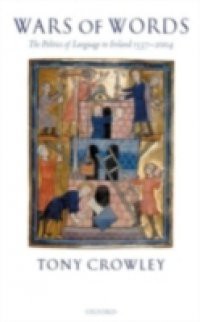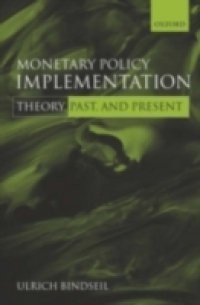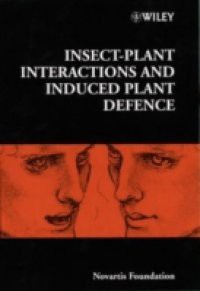Wars of Words is the first comprehensive survey of the politics of language in Ireland during the colonial and post-colonial periods. Challenging received notions, Tony Crowley presents a complex, fascinating, and often surprising history which has suffered greatly in the past from over-simplification. Beginning with Henry VIII's Act for English Order, Habit, and Language (1537) and ending with the Republic of Ireland's Official LanguagesAct (2003) and the introduction of language rights under the legislation proposed by the Northern Ireland Human Rights Commission (2004), this clear and accessible narrative follows the continuities and discontinuities of Irish history over the past five hundred years. The major issues that have both united and divided Ireland are considered with regard to language, including ethnicity, cultural identity, religion, sovereignty, propriety, purity, memory, and authenticity. But rather than simply presenting the accepted wisdom on many of the language debates, this book re-visits the material and considers previously little-known evidence in order to offer new insights and to contest earlier accounts. The materials range from colonial state papers to thewritings of Irish revolutionaries, from the work of Irish priest historians to contemporary loyalist politicians, from Gaelic dictionaries to Ulster-Scots poetry. Wars of Words offers a reading of the crucial role language has played in Ireland's political history. It concludes by arguing that the Belfast Agreement's recognition that languages are 'part of the cultural wealth of the island of Ireland', will be central to the social development of the Republic and Northern Ireland. The final chapter analyses the way in which contemporary poets have used Gaelic, Hiberno-English, Ulster-English, and Ulster-Scots, as vehicles for the various voicesthat demand to be heard in the new societies on both sides of the border.

















